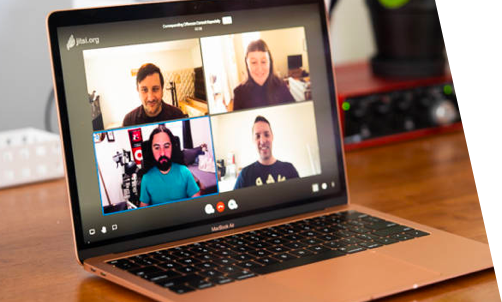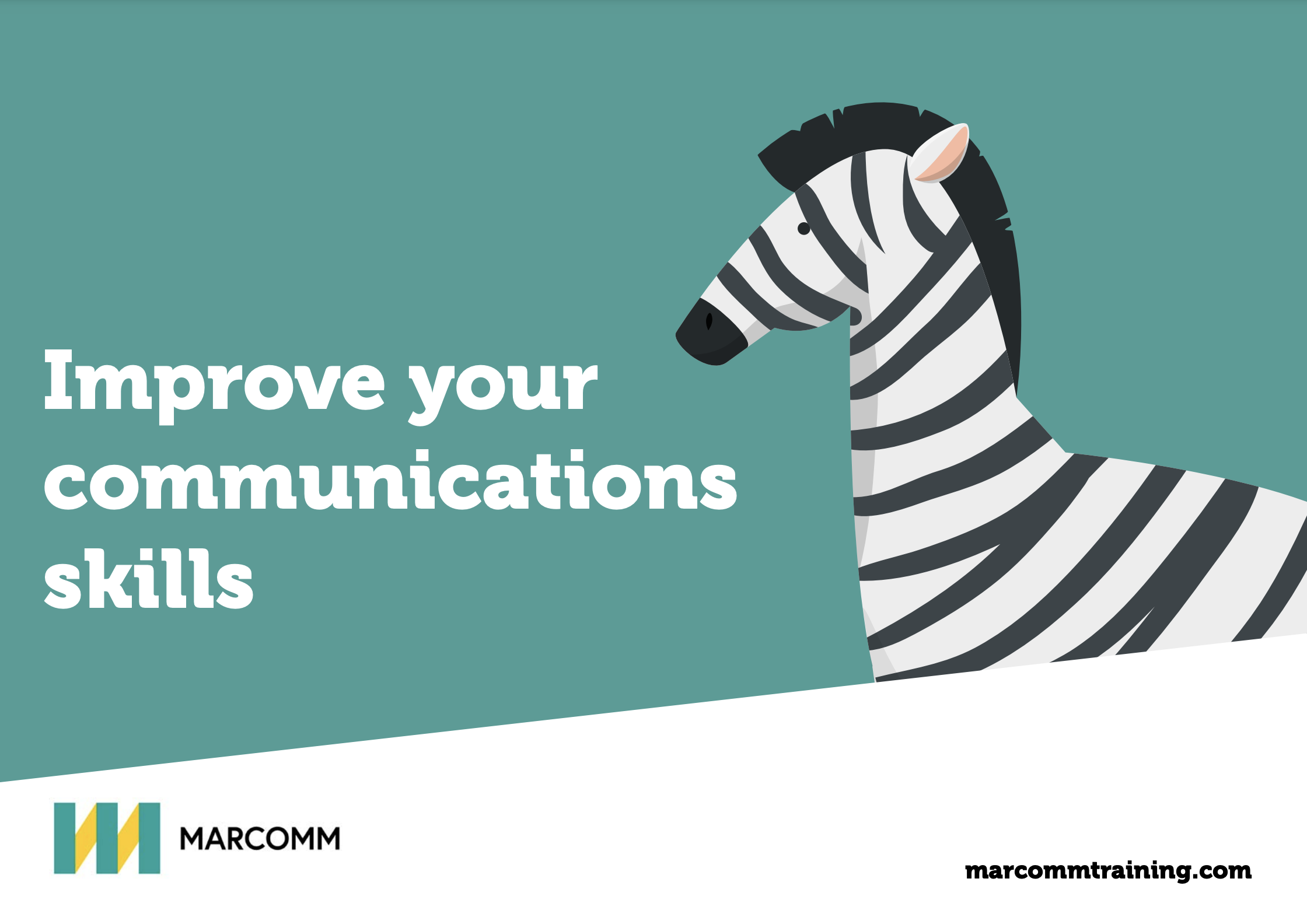5 essential interview skills you need and how to improve them

Who looks forward to a job interview? Very few of us. Like many, the thought of a job interview fills you with dread. Perhaps your last interview didn’t go the way you have planned. The questions you anticipated didn’t come up. You couldn’t recall the right example at the right time. You didn’t come across as confident and in control. Sound familiar?
The good news is that becoming better at interviews is a skill that you develop. You can get better. Here are 5 things you can do to improve your interview skills.
1. Do your Research
Do your homework on the organisation. Go online and find out everything you can about the organisation you are applying to. Understand their vision and their values. Be clear why you want to work for them should you be asked.
Use your network to see if you can speak to someone who works for the organisation. Understand what they are looking for in their people. Find out what you can about the culture of the organisation.
Establish if the organisation uses competencies or has a competency framework. Organisations, particularly in the public sector use competencies to articulate the types of skills and behaviours they expect from their people at each level. This is important as it might give you some clues to the types of questions you might need to prepare for.
2. Manage your Mindset
Many when asked what words they associate with being interviewed, use words such as fear, even terror. Let’s be honest, who enjoys being interviewed. However, you need to get past that. Going in with the wrong mindset will mean you are unlikely to perform to your best.
This time, with the right preparation you will give yourself the best possible chance of performing well. Visualise the interview differently. Reflect on your preparation. See yourself dealing with the questions calmly and confidently. Imagine giving a strong account of yourself.
Set some context. The interview is important but what is the worst thing that can happen if it doesn’t go to plan or you don’t get the role? Can you live with the outcome? Probably. Resolve to prepare well and do your best. That is all you can control.
3. Prepare your examples using STAR or SBO structure
Preparing examples to demonstrate your experience is the most important part of your preparation. Your success particularly in a competency-based interview will be determined by the quality of your examples. If you have not prepared these adequately in advance, the right example will not magically appear in the heat of an interview.
Many roles particularly in the public sector will inform candidates of the competencies against which you will be tested. Think of things that you have done that you were proud of, situations you have handled well, challenges you have overcome. Identify where you have contributed to success within your organisation.
If you are struggling to recall specific situations, review your past appraisal documents. Perhaps you are investing in your career progression and maintain a career journal, then review examples that you have recorded. Match your examples to the role competencies that you are being interviewed for.
It is important to use a structure to develop your examples. It will help you tell your story logically and clearly. Most importantly it emphasized your role and the part that you played in the example. This is what the panel will want to hear.
Use either the STAR (Situation, Task, Action, Result) or SBO (Situation, Behaviour, Outcome) models to develop your examples. The panel is interested in what you did in the example, so focus on your role. Avoid using the collective “we” when talking about a situation as the panel will be asking is this your example or someone else’s? You will not receive any marks.
Your example should tell them:
- what made this difficult, challenging, or significant?
- What exactly did you do to resolve the situation?
- What skills did you employ?
- What were the results of your actions?
Using the Star or SBO structure will help you articulate the part you played the example and make it easier for the interview panel to score you.
4 Rehearse properly
The first time you speak your interview response out loud should not be in front of the interview panel. This is not the time to discover that your answer doesn’t flow well. Practise ahead of the interview. Think of actors and the amount of rehearsal they do before stepping on stage. You are on stage in front of a panel so rehearse properly so you don’t fluff your lines. A couple of tips.
- Use your phone to video yourself. What do you see and hear? How do you sound? Do you speak too quickly?
- How good is your example, does it have a clear structure that makes it easy for the panel to follow?
- Go a little further and ask a friend or colleague that you trust to do a mock interview with you. What is their feedback?
5 Body language and appearance
In an interview situation, we all want to come across as professionals so we must take the steps to ensure that happens. Even in a virtual interview, the same rules apply. Dress to impress the same as a face-to-face interview. Ensure your background reflects the image you want to portray, tidy, professional – nothing to distract the panel.
Sit upright, use open body language, keep the hands quiet so as not to distract from what you are saying. Retain good eye contact and that means looking at the camera and not the screen in a Zoom interview.
Smile even though it’s the last thing you want to do. Who wants to hire someone who looks miserable?
In summary, becoming better at interviews is a skill that you can develop. While you may never reach the point of enjoying the experience, with some know-how and good preparation you will perform better.
Follow these five tips and you will give yourself the best chance of delivering a great performance and securing the job you want.
For more interview tips: https://marcommtraining.com/resources
Follow us on our social channels

